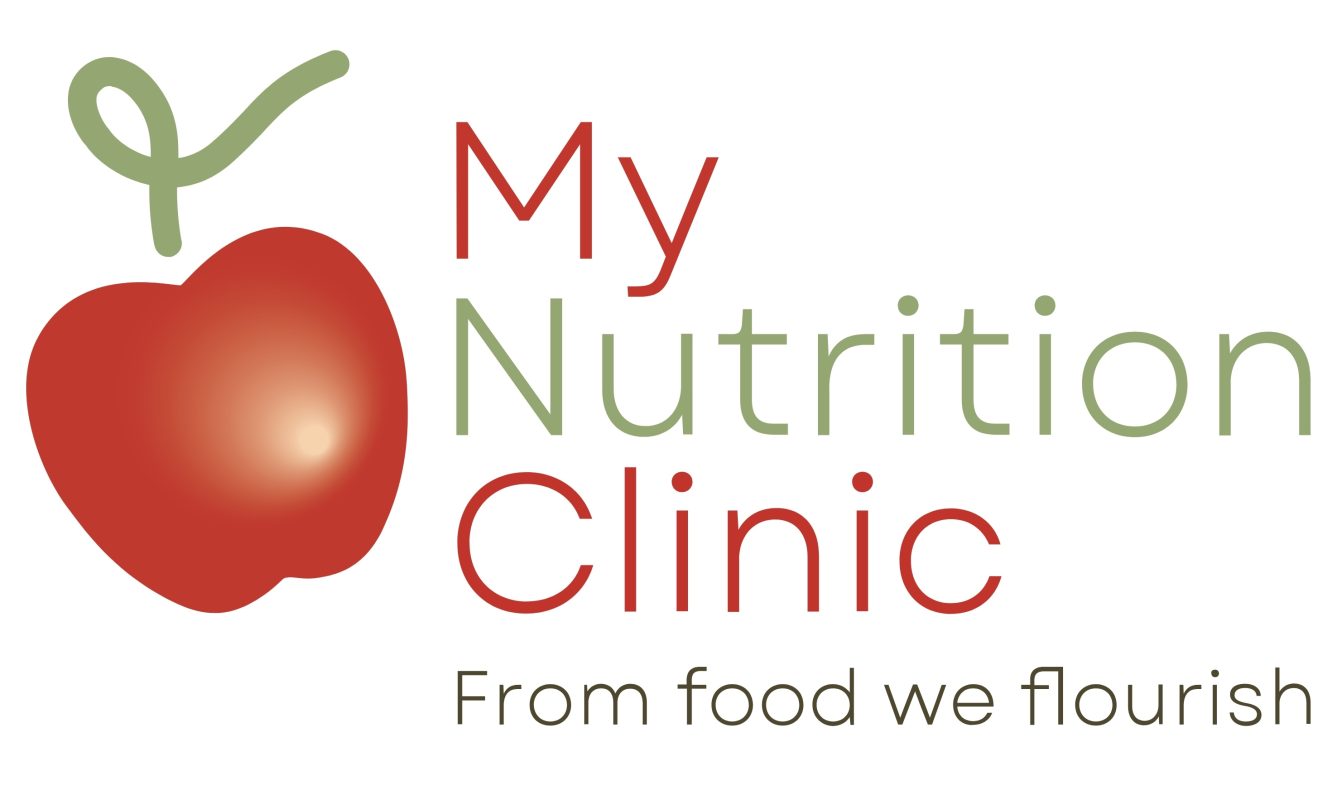With over 2000 Australians admitted into hospital every day with kidney disease, it’s a health problem worth paying attention to. Healthy eating patterns are associated with lower rates of death in people with Kidney disease (Kelly, 2016) as well as a delay in the progression of chronic kidney disease (Wai, 2016)
A diet for chronic kidney disease is one of the more complex diet plans around merely because specific nutrient requirements vary depending on the stage of chronic kidney disease. Recently, it has been suggested that certain similar eating patterns to the Australian Healthy Eating Guidelines could be the best for optimizing kidney health in those with kidney disease. For those with more complicated side effects, careful consideration of protein, phosphorous, sodium, potassium, fluid and total energy intake is needed. Be it early or end-stage kidney disease without the use of dialysis, working with an Accredited practising dietitian with experience in renal disease is essential. With the appropriate diet changes, progression towards end stage kidney failure and dialysis can be delayed.
So, here’s a brief rundown of the nutrients foods to include in a renal diet for chronic kidney disease sufferers.
The best diet for chronic kidney disease: The latest research
Our very own My Nutrition Dietitian, Jaimon Kelly is at the forefront of research into diets and dietary patterns that protect the health of the kidneys and prolong life. Jaimon led research cited hundreds of times around the world that combined data from about 90,000 person-years of follow-up and 3983 deaths that shed light on how people with chronic kidney disease’s eating habits affected their health. The researchers found a strong link between a diet high in vegetables, fruits, legumes, whole grains, and fibre and a lower amount of red meat, sodium, and refined sugars and a lower risk of death in people with chronic kidney disease.
This is great news and a big step forward because it’s the first time that whole eating habits and their connection to death and health problems in people with chronic kidney disease have been looked at all at once. In the past, studies mostly looked at single dietary factors like phosphorus, sodium, or protein intake. However, it wasn’t clear how these factors affected death rates because the studies had small sample numbers and weak statistics. This in-depth study, on the other hand, shows how different food components affect health as a whole, giving a more complete picture.
The best diet for chronic kidney disease: The food
People with chronic kidney disease and people in general should eat more plant-based foods. However, the research doesn’t support one plant-based diet over another. There is still room for more high quality research, but much of the research available currently suggests that eating a lot of fruits and vegetables might help slow down the development of chronic kidney disease and its complications, such as albuminuria and high blood pressure. Future high quality research will need to confirm these results and effect health care guidelines.
Overall the researchers recommended using holistic eating habits when managing chronic kidney disease. This means focusing on dietary treatments that include a wide range of healthy foods while limiting the harmful ones.
Protein and Kidney Disease
While protein is essential for a healthy body, digestion of it creates the waste product, urea, in the bloodstream which the kidneys need to filter out and excrete it into the urine. While it’s still important to have in moderate quantities, too much protein in the diet places unnecessary pressure on poorly functioning kidneys. Increasing urea levels within the blood may lead to nausea, poor appetite and possibly itchy skin. Depending on the severity of chronic kidney disease, your dietitian may devise a plan that reduces your protein intake by recommending slightly smaller portions of high protein foods.
Have a chat with your doctor and dietitian about the potential to substitute animal proteins for plant-based proteins, as a healthier way to maintain your protein intake, but also looking after your kidneys.
Phosphorus and Kidney Disease
Reduced kidney function in kidney disease results in an impaired ability to regulate and get rid of excess phosphorus from the bloodstream. Too much phosphorus leads to calcium loss from the bones and increases the risk of osteoporosis. Other more noticeable symptoms may include itchiness. Phosphorous is in a wide-range of protein-containing foods, however, it’s phosphate additives that are really bad for the kidney. Look to restrict your intake of beer, cola, processed meat (bacon, ham, sliced chicken and devon). There are also ‘natural’ sources of phosphorous in the diet but it is best to chat to a renal dietitian as to whether these need to be avoided.
Sodium and Kidney Disease
Excessive sodium (aka salt) in the diet places additional stress on the kidneys. Table salt contains about 40% sodium, so avoiding adding salt to your foods during cooking or at the dinner table can be effective at reducing your sodium levels. However, over 80% of the salt in our diet comes from packet/canned/processed foods so it’s best to minimise your use of high sodium foods such as ham, corned beef, Vegemite, gravies, sauces, canned foods, cheese, soups, chips and savoury biscuits.
Fluid and Kidney Disease
As kidney disease progresses, so too does the body’s ability to regulate fluid balance. Tend-stage end stage kidney disease with a poor urine output may be required to limit fluid intake. Chat with your doctor regarding your daily fluid requirements and be aware that foods that contain high amounts of fluids, such as fruit and vegetables, need to be counted in the daily fluid tally.
Potassium and Kidney Disease
Normally, your kidneys excrete most of the excess dietary potassium (approx. 80-90%) to help maintain potassium balance. However, this process becomes compromised in kidney disease. Found in many of the foods we eat, potassium plays an essential role in muscle contraction and heart function. For this reason, if the kidney is unable to rid the body of high levels of potassium, this can result in a heart attack if not reduced quickly. While not everyone with chronic kidney disease needs to lower their potassium intake, (a low potassium diet may be detrimental for some people) it is worth chatting to your doctor and renal dietitian about whether you should be avoiding this important mineral. All fruits and vegetables contain potassium, but the particularly high potassium choices include bananas, apricots, dates, dried fruits, mangoes, oranges, pawpaws, potatoes, baked beans, broccoli, carrot, pumpkin, spinach, tomatoes, lentils, soups and fruit and vegetable juices. We can help make sure your diet is rich in fruit and vegetables, but also isn’t risking elevated potassium.
What to expect when you see a kidney dietitian
An outline of what you will receive when working with an Accredited Practising Dietitian specialising in chronic kidney disease.
Your own personal protein intake goal
Jaimon will consider your current dietary intake and food preferences and provide you with a realistic plan of changes so that you can achieve an optimum protein intake for your needs and stage of chronic kidney disease. This may include some or all of the following:
- types of meat
- cut of meat
- portion size
- Particular products and brands
- Recipes and cooking tips
- Lists of foods and their protein content (making planning meals easier)
Practical strategies for reducing salt (if needed)
Jaimon will consider your current dietary intake and food preferences and provide you with a realistic plan of changes so that you can achieve an optimum salt/sodium intake for your needs and stage of chronic kidney disease. This will include details of:
- The main sources of sodium in your diet
- Cooking tips to reduce salt without reducing flavour
- Which herbs to use with different foods/dishes
Practical strategies for reducing inflammation and increasing antioxidants
Antioxidants play a crucial role in kidney health because they help protect the kidneys from damage caused by harmful molecules called free radicals. Free radicals are byproducts of normal bodily processes, but when they build up in excess, they can damage cells, including those in the kidneys. This damage can contribute to various kidney problems, including chronic kidney disease (CKD).
Antioxidants act as scavengers, neutralising free radicals before they can harm the kidneys and other tissues. By reducing oxidative stress and inflammation, antioxidants help maintain the health and proper function of the kidneys. Additionally, antioxidants may support blood vessel health, which is important for delivering oxygen and nutrients to the kidneys. Jaimon will provide a personalised recommendation of how to increase the antioxidants in your diet including lists of foods to choose from.
Consider how the acid balance of food in your diet can be modified to protect kidney health
The balance of acid and base in foods can have several effects on kidney health. pH balance is the delicate balance that our bodies automatically keep between acidity and alkalinity. Foods that are acidic include foods such as meat, cheese, and some grains where as foods such as fruits, veggies, and some nuts and seeds are alkaline foods. By getting rid of extra acids or bases through your urine, the kidneys have an important role in balancing the body’s pH levels. This can be hard on the kidneys over time because they have to work harder to get rid of extra acid when your food intake contains a higher than recommended level. Jaimon will provide specific guidance as well as charts to use at home to help you get the balance right for you.
To get more help with protecting your kidneys, book an appointment with our dietitian below.

Dr Jaimon Kelly
Kidney Dietitian
My Nutrition Clinic Kidney Dietitian Dr Jaimon Kelly has a PhD in chronic kidney disease nutrition and has published over 78 publication and authored 2 book chapters on the topics of kidney and chronic disease management through nutrition. He is an experienced educator and is a Research Fellow at the University of Queensland and an Adjunct Assistant Professor at Bond University. Jaimon supervises dietetic student, for both clinic and research placements and delivers GP and nurse training, and public workshops.




